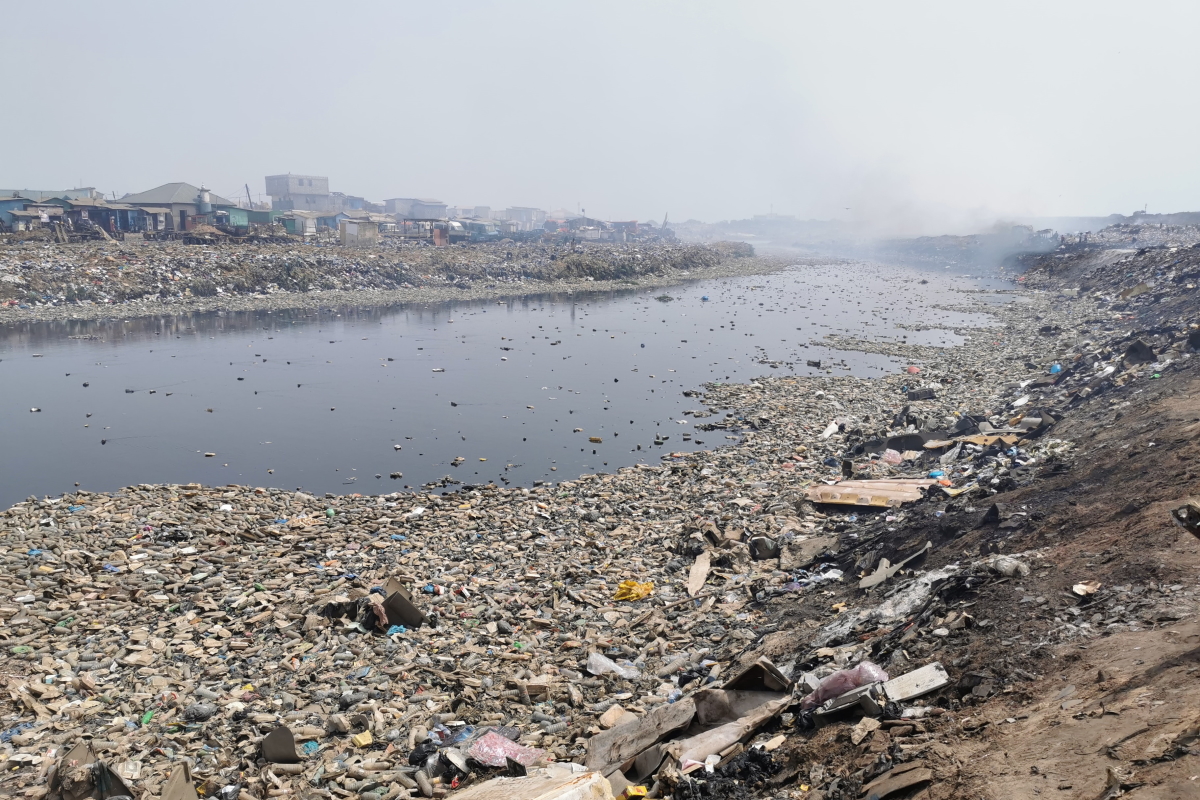How can academia and industry solve the water pollution crisis?
27-07-2022
X
Watch webinar
Enter your details below to access the audio and video recording of this event, and to receive updates about future virtual events.
If you’re already subscribed to IN-PART, please enter your details and you’ll be taken to the recordings.
By registering to attend you agree to receive emails about our virtual events. You can unsubscribe at any time through these emails. Information about how we store and process data in compliance with GDPR is outlined in our privacy policy.
In the final event of our latest Virtual Series, we spoke with experts in water research to discuss how the industry-academia community can come together to solve critical water pollution challenges.
What’s covered in this event?
- 00:00 – Introduction to the event from IN-PART
- 04:14 – Introduction to the panellists
- 09:07 – What are your institutes/organisations doing to create solutions to the water pollution crisis in collaboration with industry/academia?
- 20:20 – What are the top priorities and challenges within water pollution and wastewater treatment research that need to be addressed in the next 5 years?
- 31:25 – How far can academia-industry partnerships go? Are there other system changes that are required (eg. policy, funding, consortia, behaviour change)
- 44:36 – Live Q&A
- 53:58 – Do you think water pollution can be addressed through industry/academia partnerships?
- 56:38 – Closing remarks
More Information:
Now in its third year, our Global Challenges programme has built on the momentum of the pandemic to mobilise the academia-industry ecosystem to address other pressing issues such as plastic waste, and now water pollution.
This online red carpet event rounds off our latest water challenge through a conversation with experts from academia and industry to establish how far partnerships can go to solve the water pollution crisis and what other system change is required to deploy effective solutions.
Some of the topics covered include:
- Can academia-industry partnerships alone find solutions to the water pollution crisis?
- What support is needed from the wider ecosystem to develop effective solutions?
- What will the next five years look like for the research ecosystem?
Who should watch the recap?
- Tech transfer, research commercialisation & industry engagement teams
- Academic researchers
- Industry R&D and external innovation teams
Run in partnership with:
ASTP are Europe’s premier association of knowledge transfer professionals whose work aims to improve the quality of impact that public research has on the economy and society. Learn more.
PraxisAuril is a world-leading professional association for knowledge exchange practitioners, whose network includes 5000+ KE professionals. Learn more.
Introducing the panellists…

Henrik Hagemann, CEO, Puraffinity
In Henrik’s words “Challenging myself is my favourite activity”, which perhaps best explains how he cycled over 9000km in only 87 days and has featured in Forbes’ ’30 under 30′. Henrik co-founded Puraffinity back in 2015 and began their mission to provide 1 billion people with PFAS safe water by 2030.

Dr Jimmy Roussel, Research Engineer, Microbiome Engineering Group, Luxembourg Insitute of Science and Technology
Dr. Jimmy Roussel obtained his PhD degree at the School of Civil Engineering, University of Birmingham. In October 2013, he successfully obtained and led an EPSRC knowledge transfer secondment project between Blue Sky Bio and University of Birmingham focussed on anaerobic digestion. After working as R&D manager at Blue Sky Bio for several years, he returned to academia, working at LIST since 2020.

Professor Raina M. Maier, Director, UA Superfund Research Program, University of Arizona
Raina M Maier, PhD, is a Professor of Environmental Microbiology in the Department of Soil, Water and Environmental Science and Director of the University of Arizona NIEHS Superfund Research Program. She also serves as Director of the University of Arizona Center for Environmentally Sustainable Mining and as Deputy Director of the TRIF Water Sustainability Program.
What is IN-PART?
IN-PART develops digital solutions, curated by in-house STEM experts, that simplify the initial connection between decision-makers in academia and industry. Our goal is to help drive impact from research by matching innovation and expertise on a level playing field globally.
Connect, a digital partnering platform for university-industry collaboration.
An online matchmaking platform used by 250+ universities and research institutes to connect with industry teams in 6,000+ companies to commercialise academic innovations and expertise that are available and seeking collaboration. R&D teams get free access to the platform (create an account here). There are no hidden costs and we don’t claim downstream success fees.
Discover, a bespoke scouting service for open innovation.
With the aim of solving a technical requirement or challenge, Discover enables R&D teams to identify new opportunities for commercialisation or to solicit proposals for new research from our extended academic network, which has confirmed touchpoints in 2,400+ universities and institutes worldwide.
Interested in speaking with our Discover team? Request a demo | TTO or academic? Sign-up for weekly Discover emails.

Image credit: Rebecca Bliklen / Unsplash License
